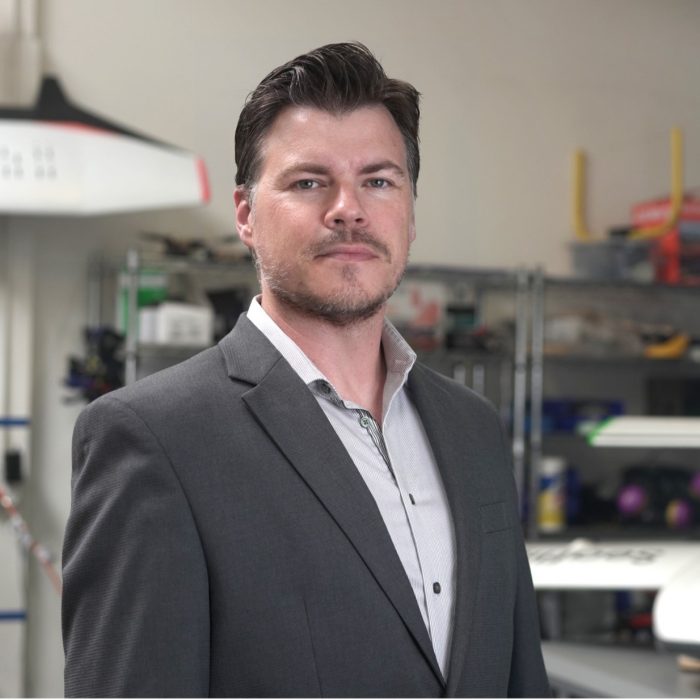Preparing for an Autonomous Aviation Future
By Dr Graham Doig, Head of UNSW Drone Program
In this thought-provoking piece, Dr Graham Doig reflects on Australia’s rapid drone tech development, the opportunities ahead, and why UNSW Aviation is equipping students with the knowledge and skills to lead in this emerging field.

Imagine a future in which a Cessna Caravan taxis itself from the hangar to the runway, takes off, flies to its destination, lands, and taxis to the hangar on the other end, all without a single human on board but with AI talking with air traffic control in audible natural language whenever it needs to. You don’t have to imagine very hard, you can watch the flights on YouTube. Reliable Robotics completed such a flight in late 2023 in California and have been working on similar demo flights with the US Air Force since then. That company - along with others like Merlin and X-Wing (now part of Joby Aviation) – shows us a glimpse into what will be possible in a few years, not decades from now, and this is the future that UNSW Aviation is preparing students for with its new degree (and upcoming Minor for engineering and science students!) in Drone Operations and Management.
However, the tech is ahead of the timing. An astonishing amount of work has to be done to get ready for safe, effective integration of these kinds of operations into shared airspace. This was re-enforced to me as I attended the Avalon International Airshow industry days, where the four large trade show halls were stuffed with impressive drones and drone-related technology from startups and huge primes alike. It’s been 14 years since I attended Avalon and to say there’s been incredible growth in the local uncrewed systems sector would be a fantastic understatement. From the global success that Drone Shield’s counter-UAS systems are having, to the large home-grown prototypes from BAE Systems and others, to the high-profile drone racing teams within Defence, Anduril’s robotic systems for all domains, Shield AI’s V-bat now fielded by Toll Uncrewed, and a multitude of platforms large and small powered by Cubepilot flight controllers which are about to start rolling off the production line in Geelong having established themselves globally from an Australian base. Cubepilot now sells thousands of flight controllers per month, powering innovative drones all around the world. There were so many fantastic toys. At the same time though, it was obvious to almost everyone that outside over the airfield, nothing uncrewed at all was flying on any of the days.
It’s not just that the tech is ahead of the timing, the talent is too. Australia has a mountain of human experts in areas related to drones and autonomous systems, competing with the best globally in several areas. Yet, I’ve been getting flashbacks to a moment in time about 15 years ago when Australia had the chance to be a world leader in electric vehicle technology but fumbled the opportunity, letting hundreds of talented engineers spill out of university solar car and Formula SAE teams and drift off overseas to Tesla or Google while the local automotive sector more or less died. Electric and software-defined vehicles were the biggest change in automotive for 100 years, we had the talent and the tech, and we missed the moment to establish world-leading software, high tech components, and large volume production of heavy platforms like buses and unique vehicles that we now mostly import from elsewhere even if we integrate them here. The time to be thinking about battery production in Australia was 20 years ago, not now. If successive governments in Australia aren’t careful, the same mistakes will happen with autonomous and electrified aircraft, and we’ll miss out on the opportunity to grow meaningful local industry that all of a sudden can compete at the leading edge because clever engineering and AI is the new focal point of innovation, not capital-intensive manufacturing.
These technological upheavals are fleeting moments where Australia can take some risks and lead. A more entrepreneurial workforce can help bind academia and industry together with a focus on the most meaningful areas where Australia can excel. We can be smart about it. Uncrewed systems dramatically cut the barrier to entry in Aviation, it’s an ideal opportunity to build on what we’re already doing well and take that to the world.
